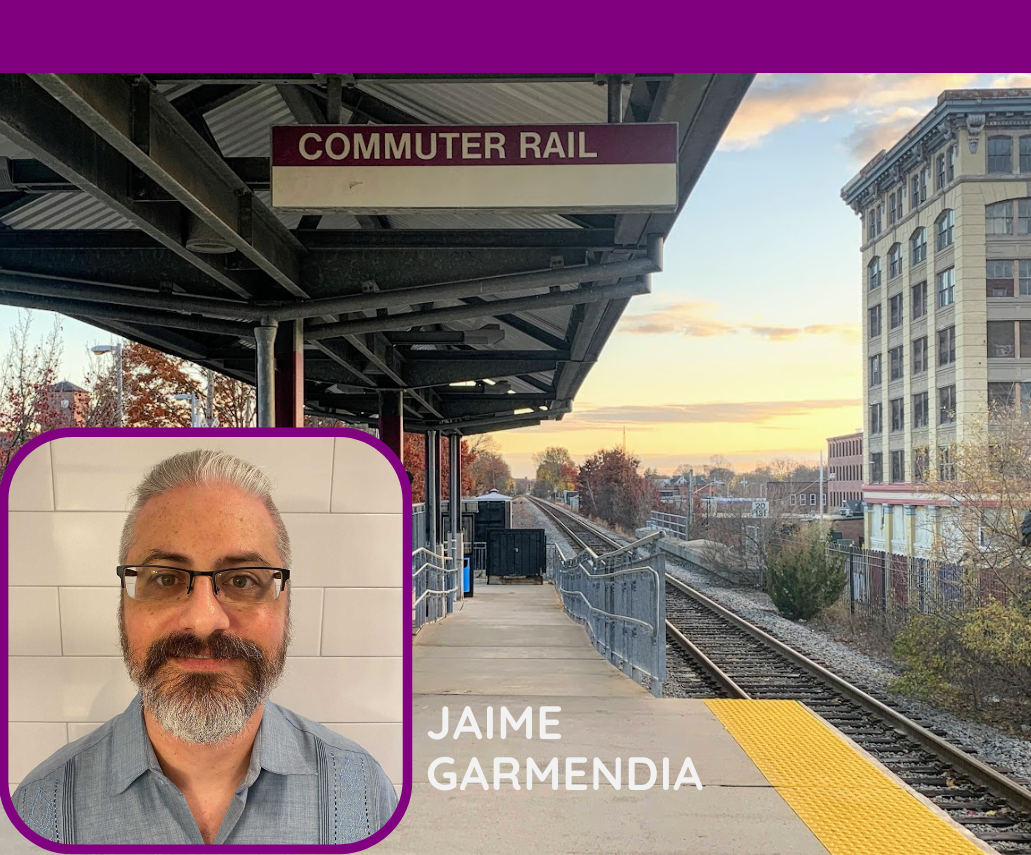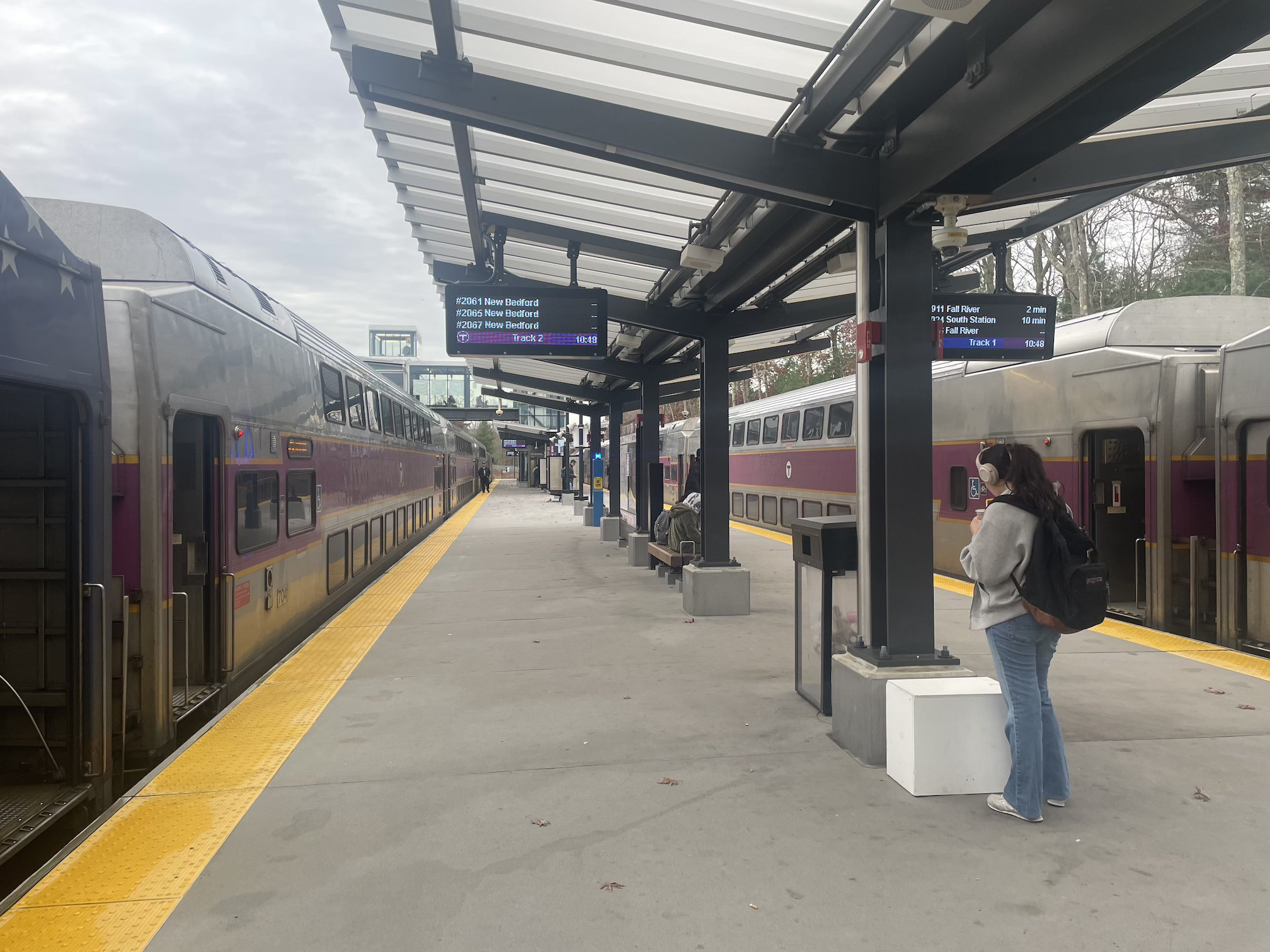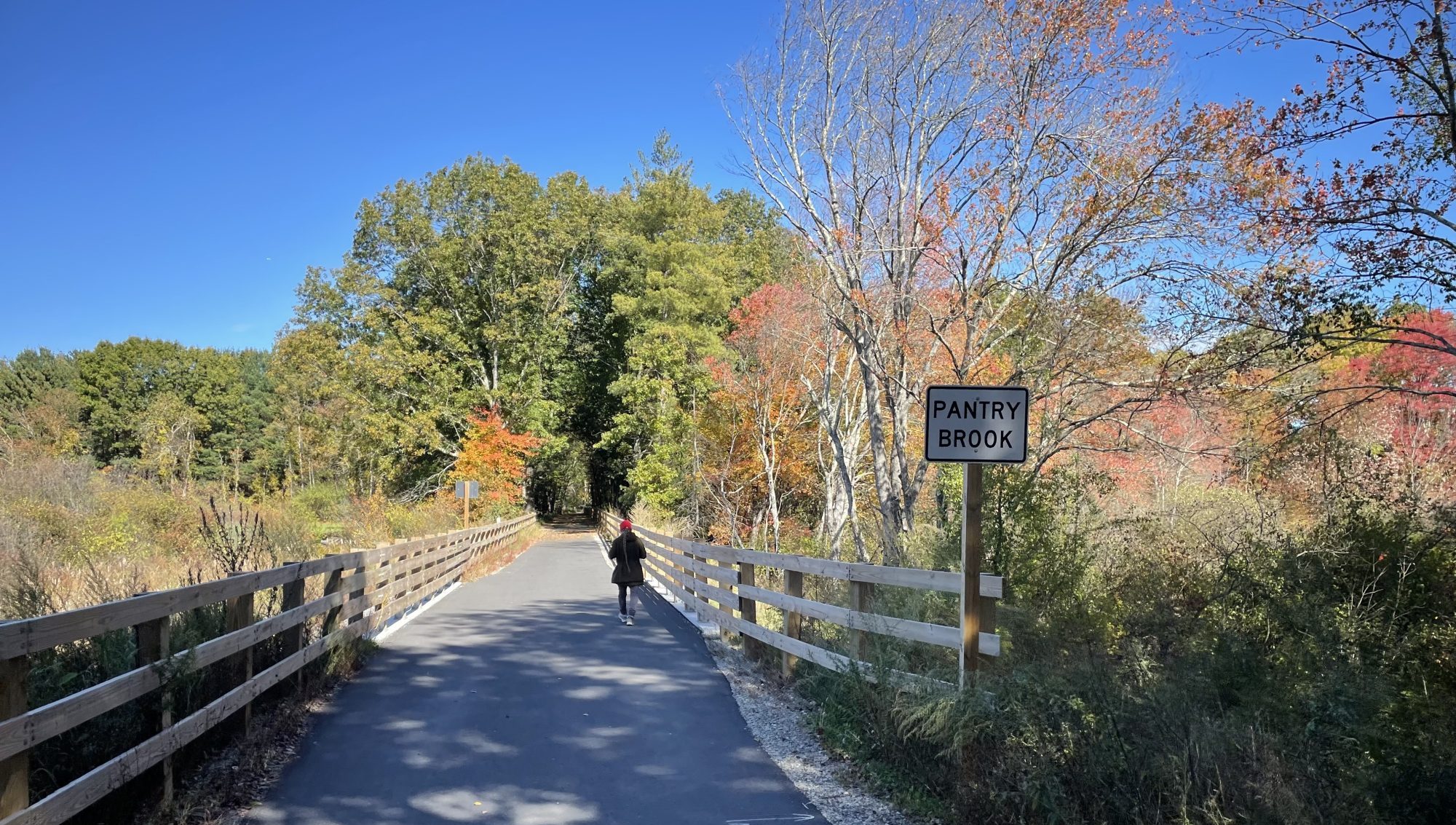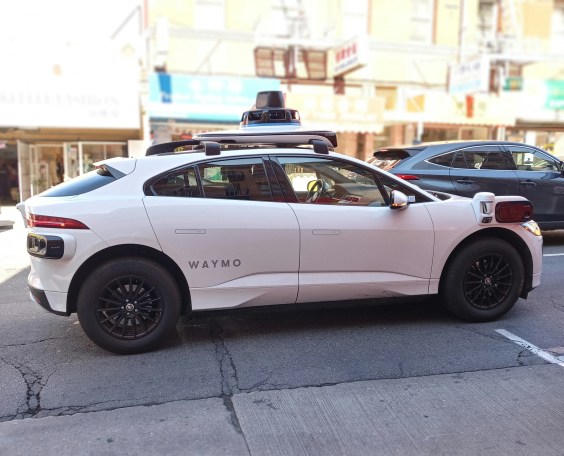In celebration of Hispanic Heritage month, we’re kicking off a short series highlighting the work by Latinas, Latinos and Latines working in various areas of the transportation field in the Commonwealth of Massachusetts.
Starting us off is MBTA’s Project Manager in the Capital Delivery Department, Jaime Garmendia, who got his start with the transit agency in his early twenties as a temp in Write to the Top, an early customer service initiative.
As a college student and full time ROTC Cadet, he says he didn’t get much of a chance to explore the city, but decided to stay in Boston “to figure out what to do next.”
Through his one-and-a-half-year stint as a temp sifting through numerous customer complaints and relaying this feedback to the chief of each Commuter Rail line, Garmendia says he “got to know all the different lines and all the different issues that were going on at the time in terms of operations management, how the service ran, and who all the players were on the inside.”
Afterwards, he joined the Customer Service Department, a more formal team with a broader scope. Garmendia was one of the many bilingual folks brought on to handle everything from complaints, to directions to media inquiries.
“I bounced around, you know, as you do in your early twenties.”
Eventually, Garmendia moved to Back Bay’s pass office, working closely with seniors and folks with disabilities as part of the T’s System-Wide Access program. Back then, this was just one of many pass offices spread throughout the system that would end up consolidating and becoming the CharlieCard store we now have at Downtown Crossing, which Garmendia himself helped implement.
“Eventually, we managed to get ourselves organized, and get the Charlie Store up and running. I trained the entire CharlieCard store staff, management and employees,” he explained.
Garmendia’s current portfolio includes a range of Commuter Rail projects like Positive Train Control, a federally mandated safety system, and Automatic Train Control, a project to replace the signal system on the entire north side of the Commuter Rail, a project he says has been very intense.
Additionally, he is working on the Fiber Optic Resiliency project, which he enthusiastically referred to as his “baby.” and whose ambitious goal is to bury all 240 miles of fiber optic cable that is currently hanging from telephone poles along the Commuter Rail right-of-way; It’s a network that works, but is vulnerable to winter weather and falling tree branches which then disrupts train service for riders.
This is an exciting project, since proof of concept already exists along the Old Colony lines in the South Shore. Garmendia says, “those lines have had buried fiber for over 20 years and they've had no problems with it.”
“We just opened bids on the contract for the first phase. And so we're very much looking forward to boarding that contract later this year and starting work.”
With almost 20 years of experience working with the transit agency, Garmendia’s advice for young people considering a career with the T is nothing but practical.
“(In) a government agency where a lot of the compensation is in the pension, you really need to think about, is it a place to start your career at, or is it a place to end your career at?”
He says that ongoing pension negotiations will determine critical things like how old workers must be before they can retire and collect their pension.
He also stressed the T’s need for folks who are bilingual with ties to the community and who use the transit system regularly.
“I think it's really important for people who manage the MBTA to use it.”






